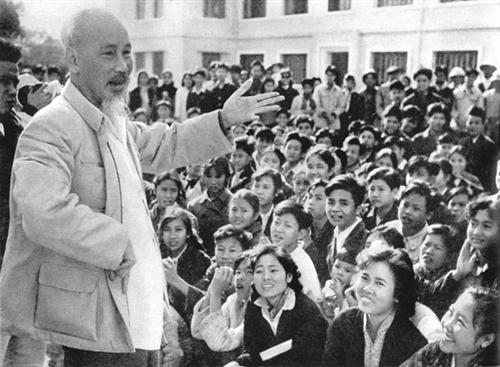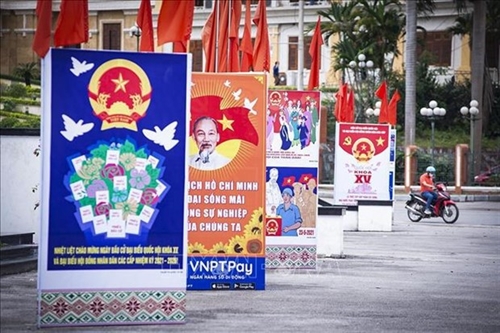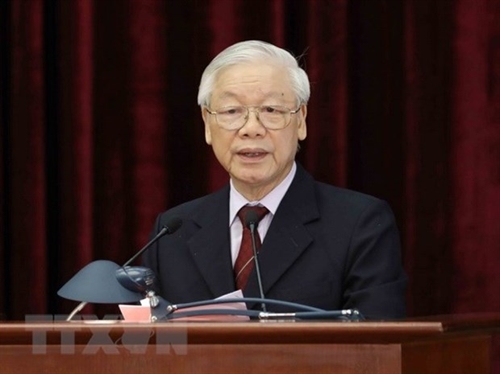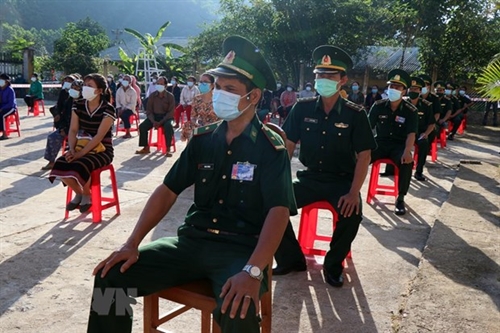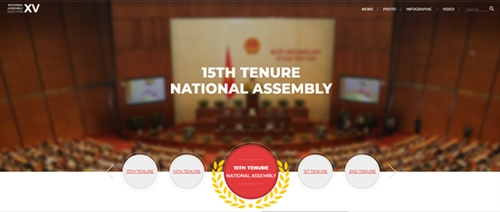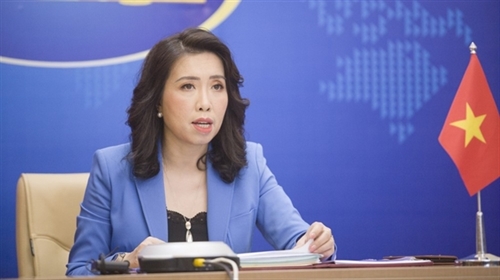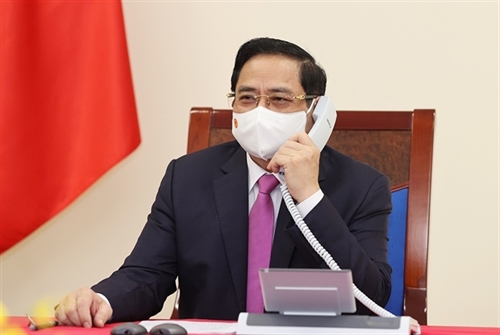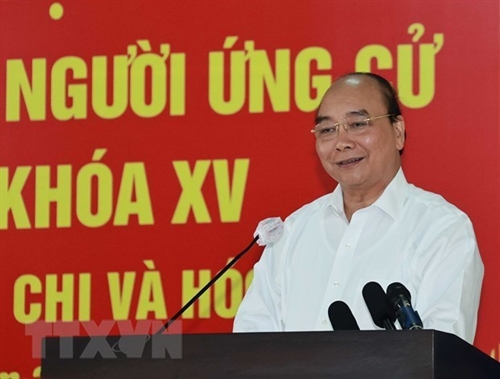Women parliamentarians more frequently engage with voters via social networking applications than men delegates, a study has found.
The study “Roles, Performance and Contributions of Vietnamese Women Representatives During the 2016-21 Period” was revealed on May 19 in a meeting in Hanoi.
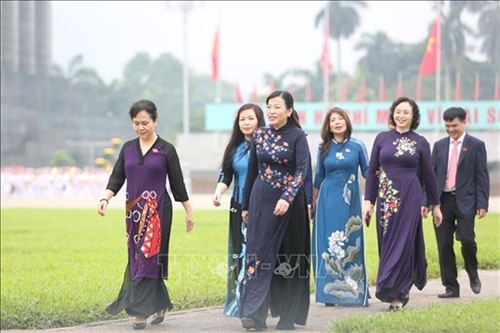 |
| National Assembly deputies at Ba Dinh Square, Hanoi__Photo: VNA |
The study was funded by the Australian government’s Department for Foreign Affairs and Trade (DFAT), the Irish Embassy, and UNDP in Vietnam, through the Provincial Governance and Public Administration Performance Index (PAPI) research framework.
It provides evidence of how women delegates of the National Assembly and provincial People’s Council have contributed socially, economically and politically to the country’s progress over the past five years.
The study was conducted with 248 of the 14th-tenure National Assembly delegates (equal to 50 percent of the total NA deputies) and 136 provincial People’s Council delegates of Hanoi, Binh Phuoc Province and Can Tho City.
The study also shows that, given that their areas of focuses and strengths are different, both women and men elected representatives noted the interest of voters in their constituencies is the most important factor influencing their views on a specific issue.
Both men and women delegates of the National Assembly and the People’s Council were confident they had promptly responded to voters’ proposals and petitions.
Both men and women National Assembly delegates noted their top strength was in performing their legislative mandate.
Provincial People’s Council deputies, men and women alike, considered oversight performance as their top strength.
In their action plans, women delegates pay more attention to education, training and health than men delegates. Likewise, women delegates are more responsive to petitions and proposals from voters.
In terms of values, both surveyed men and women representatives from the National Assembly and Provincial People’s Councils valued the merits of ‘listening’, ‘having personal viewpoints’ and ‘having the ability to persuade others’.
The study recommends that by 2030, there must be women representatives in the Standing Committee of the Party at the provincial level and Party committees at all levels, with the proportion of women representatives at all levels between 20 and 25 percent.
The rates of women representatives in the National Assembly and People’s Councils should be more than 35 percent, the study said.
To do that, the study suggests having at least 45 percent of candidates of either gender as candidates for the National Assembly and People’s Councils.
The study also suggests creating favorable conditions for elected representatives to engage with voters via all channels, especially social networking channels.
In addition, it recommends that elected women and men National Assembly delegates and People’ Council deputies participate in all fields by introducing gender quotas for all National Assembly and People’s Councils committees.
“The basic premise is that both halves of humanity must have an equal say about issues that matter to them,” UNDP Resident Representative Caitlin Wiesen said.
All public decision-making from socio-political issues to labor relations and economic activity must apply a gender lens to ensure the specific needs and expectations of women and men, as well as of people who identify as non-binary, are given full consideration and that conditions are met for harnessing the full potential of every human being and workforce member, she said.- (VNS/VLLF)

